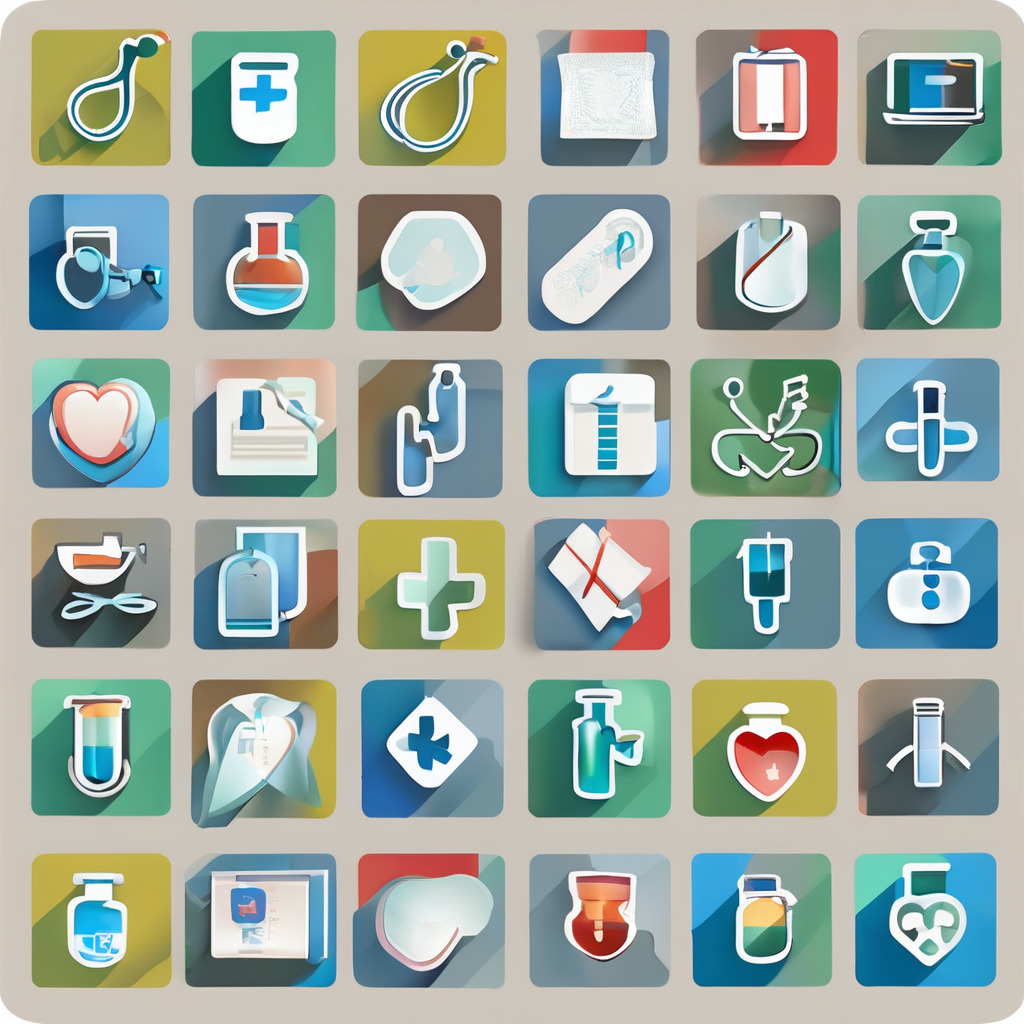Effective Methods for Tracking Pregnancy Milestones
Expectant mothers have a variety of options when it comes to tracking pregnancy milestones, ensuring both convenience and accuracy throughout their journey. One popular choice is the use of pregnancy apps. These digital tools offer features such as milestone reminders, personalised tips, and growth charting, providing valuable insights at every stage.
Moreover, other methods like traditional journaling and physical milestone books serve as sentimental and tangible records. They offer a different kind of connection, allowing future parents to reflect on their experience in a uniquely personal way.
Also read : What Are the Best Strategies for Staying Fit During Pregnancy?
Recommended apps like What to Expect, The Bump, or Ovia Pregnancy facilitate not only tracking but also connect users to a community, offering shared experiences and advice. These apps typically include functions for weight tracking, symptom logging, and appointments scheduling, making them comprehensive tools for pregnancy management.
Importantly, diligently logging milestones aids in health monitoring, offering critical data that can be referenced during healthcare appointments. Staying organised with documentation ensures timely detection of developmental changes, enhancing the overall wellbeing of both parent and child. Whether through digital or traditional means, methods for milestone monitoring emphasize an enjoyable, yet informative, pregnancy experience.
This might interest you : How does prenatal yoga support mental and physical health during pregnancy?
Maintaining Comprehensive Health Records
When it comes to Health Records Management during pregnancy, expectant mothers should keep certain documents organised and up-to-date. Essential Pregnancy Health Documentation includes medical history, test results, ultrasound images, and notes from healthcare providers. These records are critical for informed decision-making and the continuous monitoring of both mother and baby’s well-being.
To effectively manage these documents, utilise digital platforms or apps specifically designed for health tracking, which allow easy information retrieval when needed. Alternatively, physical folders or binders can also suffice. Whichever method you choose, ensure consistency in updating records promptly after each healthcare visit.
Understanding Health Data Privacy is equally important. In the UK, data protection is governed by laws such as the General Data Protection Regulation (GDPR), which mandates that personal and health information be handled with stringent confidentiality. Patients have the right to access their information and demand corrections to inaccuracies.
For safeguarding your pregnancy-related data, use secure platforms when recording and sharing health records, and discuss privacy policies with healthcare providers. Opt for apps with strong encryption to ensure the safety of your information, and remain proactive about your data’s confidentiality throughout your pregnancy journey.
Managing Appointments and Healthcare Access
Navigating Appointment Management during pregnancy can significantly impact prenatal care quality. Efficient scheduling ensures timely engagement with prenatal services, vital for monitoring the health of both mother and child. UK Healthcare Services offer a comprehensive range of options, from routine baby check-ups to advanced maternal care, enabling expectant mothers to tailor their care plans.
Regular prenatal check-ups are critical, as they provide continuous assessment and early detection of potential issues. These screenings contribute to a healthy pregnancy by addressing nutritional needs, tracking baby’s development, and ensuring the mother’s health remains stable. Appointments typically cover ultrasounds, glucose screenings, and blood tests, tailored to each pregnancy stage.
Effectively managing these appointments requires some strategic planning. It’s advisable to maintain a calendar, whether digital or physical, to help integrate healthcare visits seamlessly into daily routines. Prenatal resources within the UK Healthcare Services support this, offering online booking systems and reminders to streamline the process.
Moreover, staying signed up with a UK Healthcare Service provider assures access to numerous specialists when needed, such as obstetricians or midwives. This enables prompt consultation and guidance, reinforcing the proactive approach necessary during pregnancy.
Personal Stories and Testimonials
Navigating pregnancy can be as unique as the individuals experiencing it. Personal stories and real-life testimonials bring a wealth of insight and support to this journey. Hearing others’ experiences with tracking pregnancy milestones often provides both comfort and inspiration.
Many women find that sharing their pregnancy experiences publicly or within close circles helps them feel connected and understood. They recount how using pregnancy apps made milestone monitoring more manageable and enjoyable. Apps like The Bump and Ovia Pregnancy often come recommended due to their user-friendly interfaces and encourage community interaction, which has proven to be invaluable for many.
Others highlight the benefits of maintaining health records thoroughly, ensuring that all critical data is accessible and up-to-date. Testimonials reveal diverse strategies—ranging from digital platforms for tech-savvy mothers to traditional methods for those who prefer a more tangible approach.
The role of support networks—including family, friends, and antenatal classes—cannot be overstated. These networks often provide practical advice and emotional reassurance, enhancing pregnancy planning efforts. Ultimately, personal narratives not only strengthen community bonds but also empower expectant mothers to make informed decisions tailored to their unique circumstances.
Legal Considerations and Data Privacy
Navigating the landscape of Legal Health Records and Data Protection Regulations is crucial for expectant mothers. Understanding your Patient Rights is foundational. In the UK, the General Data Protection Regulation (GDPR) ensures that personal and health information is treated with utmost confidentiality. Under GDPR, patients can access their information, make corrections, or request its deletion if necessary.
Data Protection Regulations emphasize that healthcare providers must protect your data, ensuring it remains secure from unauthorized access. Most hospitals and clinics employ robust methods to safeguard your health records. Encryption is commonly used to shield sensitive data.
Best practices for ensuring the confidentiality of pregnancy data include using secure platforms for health records and choosing apps that adhere to Legal Health Records standards. Confirm with your healthcare provider that their data protection measures align with current regulations.
Furthermore, being proactive about your data’s security means staying informed about potential changes in data privacy laws. Regularly update passwords for your digital health records and review the privacy settings of apps you use. By understanding your rights and practicing vigilance, you contribute to maintaining the integrity of your pregnancy data.




